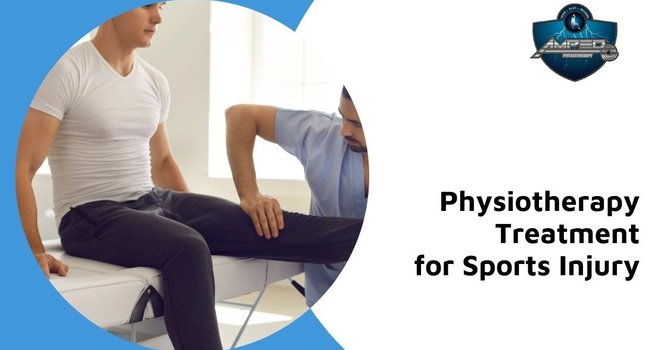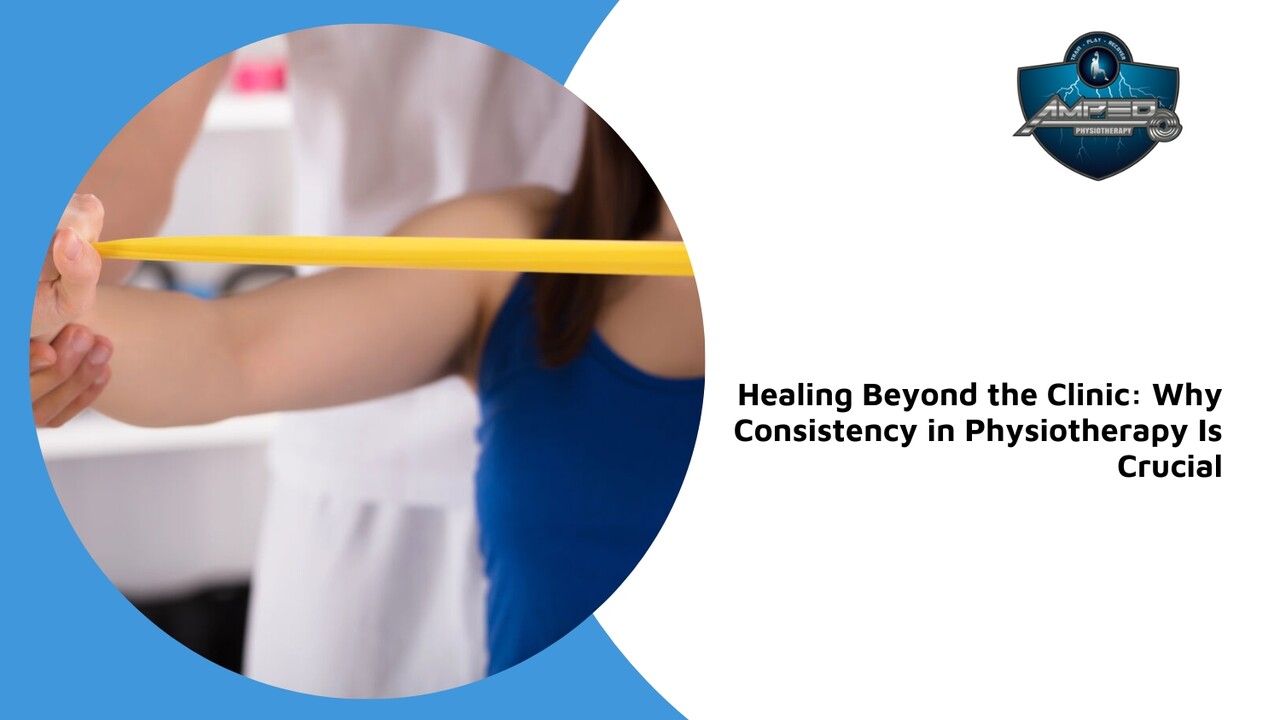
Sports can be a great means to keep fit, develop confidence, and get to know new people.
Whether you’re a world-class professional athlete or a casual weekend warrior, chances are at some point in time you have suffered an injury. In fact, approximately seventy percent of all recreational players experience some kind of aches, pains, or soreness in their joints and muscles during the course of an event. If you participate in any kind of sport regularly, it’s nearly inescapable that you’ll end up hurting yourself during your athletic activity.
That’s because the human body goes through continuous wear and tear. When we carry out recurring actions or activities, our muscles end up being tired and start wearing out faster.
In time, these microtrauma injuries can cause structural injury in the form of muscle stiffness and/or tendinitis. An injury may prevent you from participating in your favorite sport, keep you off the courts or turf for a prolonged period of time, or lead to long-lasting consequences like chronic pain or decreased range of motion. Additionally, if left with no treatment, these chronic conditions can also become something more severe in the future.
The upside is that a sports injury does not need to keep you off the playing field or court for long. Physiotherapy employs a wide range of injury treatments and innovative therapies that can help to deal with lots of sports-related injuries and keep them from becoming persistent. Here are 6 ways physiotherapy can serve to help heal your sports injury faster:
Reinforce Your Existing Muscles
You’ve probably heard this one in the past. Every movement you carry out in your sport (such as tossing a baseball, running a race, or diving in swimming) requires a particular amount of strength in the muscles you use.
In the case of tossing a ball, that includes the muscles in your elbow, shoulder, wrist, and hand. Gradually though, these muscles can become imbalanced and weak. This problem can come on as we age and our bodies shed muscle mass. It can likewise happen if you’ve been playing a sport for a very long time without providing your muscles a chance to rest and recuperate between rounds of activity.
Fortunately, you can prevent injuries and enhance your effectiveness on the field with the strengthening workouts your physio therapist can show you. What’s more, strengthening your existing muscles can help to fix the pain, stiffness and swelling that come with any sports injury.
Treat Tendonitis and Tension
The tissue in your joints is prone to inflammation and injury because of the continual movement of your joints. However, if your inflammation is triggered by a tiny tear in the tendon, then physiotherapy can help treat your tendonitis.
Tendinitis is an inflammatory condition that can build up in your tendons when they end up being swollen and uncomfortable. Specific activities, such as running or leaping, basketball and tennis are particularly likely to cause it. If you struggle with tendonitis or a strain, physiotherapy can deal with your injury more quickly. It can also really help you avoid a strain injury from occurring in the future.
Develop New Motion and Strengthening Exercises
As you age, your muscles and joints normally become less flexible. This might be because of genetics, injury, or an absence of frequent physical activity. In addition, if you’ve been participating in a sport for a long time, you might have suffered structural imbalances that make you more susceptible to injury. For instance, your shoulder muscles could be stronger than your lower back muscles, which puts pressure on the lower spine.
If you want to help prevent injury and increase your flexibility, you want to make an effort to cultivate new motion and strengthening exercises. Your physical therapist can teach you the appropriate workouts to increase your flexibility and revitalize joint performance. Doing so can help heal an injury, minimize your danger of injury, improve your flexibility, and increase your general range of movement.
Enhance Your Range of Motion
When you’re hurt, you frequently need to limit your activities and/or your range of movement. Consequently, you run the risk of suffering discomfort, tightness, and loss of mobility. Luckily, as you recover, your joints and muscles recover their full range of movement.
This process can take place extremely quickly, but it typically takes about 2 weeks for your muscles to begin to rejuvenate and return to their regular shape. To prevent injury and speed up the healing process, physiotherapy can apply treatments and exercises that improve your range of movement. Doing this may alleviate pain, increase your flexibility, and help you return to your regular activities more quickly.
Reduce Swelling and Stiffness
As you heal from an injury and your muscle tissues get stronger, you may form an accumulation of scar tissue. This is a normal part of the recovery cycle and can help protect against future injuries. In fact, it can really help you get back to your normal activities much faster. To minimize your risk of developing stiffness, physiotherapy will help you to maintain your mobility and agility, even when you’re not exercising.
Eliminate Repetitive Strain Injuries
A repetitive strain injury happens when a formerly minor injury becomes worsened as you go back to a more extreme level of activity. For example, if you’ve been playing basketball for a few weeks and you try to leap higher than you typically do, you might end up reinjuring your ankle.
Repetitive strain injuries can happen in any sport when the regular level of activity is increased, but they are most typical in sports that include repeated movement, such as weight training, baseball, soccer, football, and basketball. Physiotherapy can relieve stress injuries by re-aligning muscles and ligaments, rubbing out knots or discomfort points and raising the blood flow to the afflicted area of your body.
Conclusion
Physiotherapy can help to treat lots of sports injuries, including things like sprains, stress, tension fractures, tendonitis, joint discomfort, and joint dislocation. In some cases, you may even have the opportunity to protect against injuries from taking place to begin with.
If you want to reduce the chances of injuries and increase your effectiveness on the field or court, you ought to try physiotherapy. Physiotherapy can help you build up your existing muscles, treat your tendonitis and pressure injury, develop fresh movement and strengthening exercises, enhance your range of motion, decrease swelling and tightness, prevent repetitive strain injuries, and avoid reinjuries.
Call the experienced physiotherapy team at Amped Physiotherapy and let us start relieving your sports related injury today. Now scheduling new clients!










